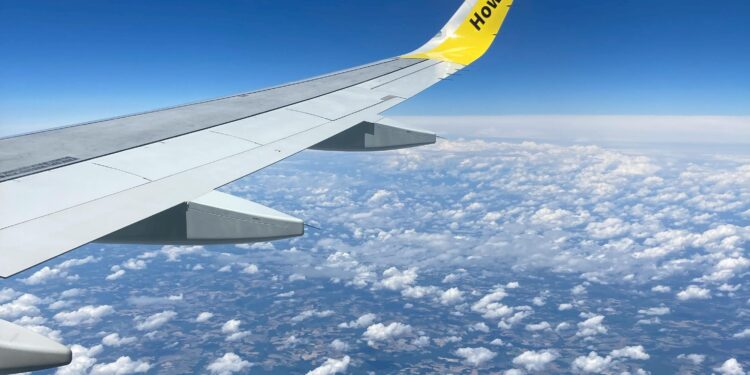Over 1,000 Flights Canceled and Thousands Delayed Amid Evacuations and Severe Weather Warnings
As Hurricane Helene barrels toward the Florida Big Bend region, airlines across the United States have been forced to cancel or delay thousands of flights in anticipation of the storm’s devastating impact. By late Thursday morning, the number of canceled flights had reached 1,038, with an additional 1,672 flights experiencing delays, according to data from flight tracking website FlightAware.
Major Airlines and Airports Affected
Southwest Airlines (LUV) has been the hardest hit, canceling 201 flights, closely followed by American Airlines (AAL) and Delta Air Lines (DAL). The disruption has affected airports across the Southeast, particularly in Florida, where the hurricane is expected to make landfall.
Tampa International, Orlando International, and Fort Lauderdale International airports have issued warnings via social media, alerting travelers to the likelihood of delays and cancellations. These airports are situated in regions that are directly in the hurricane’s projected path, prompting officials to take precautionary measures to ensure the safety of passengers and staff.
Travel Advisories and Precautionary Measures
In response to the impending storm, American Airlines has issued a travel advisory for airports in the Southeast U.S. and the Gulf of Mexico region. The advisory provides travelers with guidelines on how to rebook or cancel their flights without incurring additional fees, underscoring the seriousness of the situation.
JetBlue and Southwest Airlines have also issued similar advisories, urging passengers to stay informed about their flight status and make any necessary changes to their travel plans as the hurricane approaches. These advisories are part of a broader effort by airlines to minimize disruption and ensure that passengers can avoid the worst of the storm.
Evacuation Orders and Safety Warnings
The impending landfall of Hurricane Helene has triggered a wave of evacuation orders across Florida’s coastal regions. State and local officials have issued urgent warnings, advising residents in the hurricane’s path to evacuate immediately. The hurricane is expected to bring catastrophic winds and a potentially deadly storm surge, making it imperative for those in vulnerable areas to seek safety.
Florida Governor Ron DeSantis has declared a state of emergency in advance of the hurricane, mobilizing resources and personnel to assist with evacuations and emergency response efforts. The state’s National Guard has been activated to help with the evacuation process and to provide support in the aftermath of the storm.
“We cannot stress enough the importance of evacuating if you are in the path of this storm,” DeSantis said in a press conference. “The safety of our residents is our top priority, and we are taking every measure to ensure that everyone is prepared for what could be a life-threatening situation.”
Broader Implications for the Airline Industry
The widespread flight cancellations and delays caused by Hurricane Helene are likely to have significant financial implications for the U.S. airline industry. The disruptions come at a time when airlines are already grappling with high fuel costs, labor shortages, and ongoing challenges related to the COVID-19 pandemic.
The financial impact of the hurricane is expected to be felt across the industry, with airlines facing potential revenue losses due to the canceled flights and reduced demand for travel in the affected regions. Additionally, the cost of repositioning aircraft and personnel, as well as providing refunds or rebooking options for passengers, will further strain airline resources.
However, the immediate priority for airlines remains the safety of their passengers and crew. By proactively canceling flights and issuing travel advisories, airlines are taking steps to minimize the risks associated with the hurricane and to ensure that those affected have the information and support they need.
What Travelers Should Do
For travelers with plans to fly to or from the affected regions, the best course of action is to stay informed and be prepared for potential changes to their travel itinerary. Airlines are encouraging passengers to check the status of their flights regularly and to consider rescheduling or canceling their trips if necessary.
Most airlines are offering flexibility with rebooking and cancellation policies during this time, allowing passengers to make changes without incurring fees. Travelers are also advised to have contingency plans in place and to monitor local weather updates closely.
In conclusion, as Hurricane Helene approaches Florida, the U.S. airline industry is bracing for significant disruptions. With thousands of flights already canceled or delayed, the impact on travelers and the broader industry is expected to be substantial. However, by taking proactive measures and prioritizing safety, airlines and authorities are working to mitigate the effects of this powerful storm.
You might like this article:Super Micro Computer Faces DOJ Probe Amidst Accounting Allegations: Stock Plummets 15%











